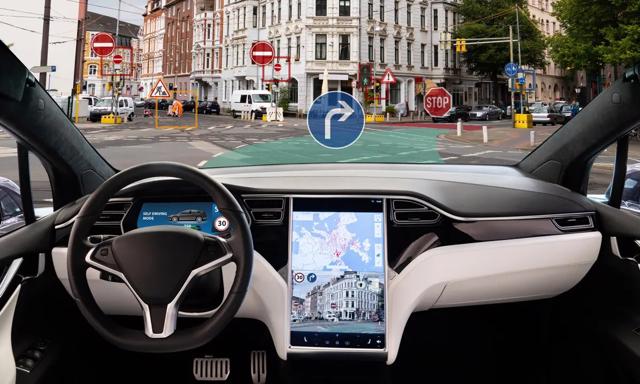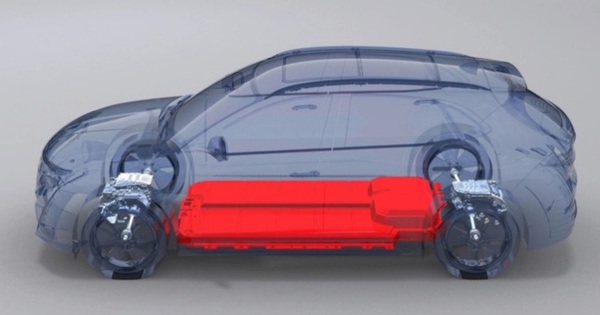
The prospect of self-driving cars that could assist or even replace humans is truly exciting. The benefits of self-driving cars are introduced by companies in marketing and advertising campaigns including reducing stress, improving traffic flow. But the reality is that more and more accidents are related to self-driving technology. The challenge is real. Uber, one of the first companies to adopt self-driving car technology, recently abandoned its ambitions of fully self-driving cars. The recent $2.5 billion fine against Boeing over the 737 Max disaster exposed fundamental vulnerabilities related to the technology.
In fact, there have been many reviews of self-driving technology, but too little discussion about the role of humans. What happens when we replace human judgment with technology, a situation psychologists call “cognitive offloading”? Cognitive offloading has become more common with the advent of new technologies. Do you rely on your phone to save the phone number you used to have to memorize? You use GPS navigation instead of memorizing driving routes. So, you understand the benefits of cognitive reduction. Cognitive offloading shifts routine tasks to algorithms and robots, and frees busy human minds to focus on tackling more important activities.
Despite its many benefits, reducing cognitive load also poses a new set of problems. When we offload activities, we also offload learning and judgment. In one study, researchers asked a group of subjects to navigate the streets of London using their own judgment. The second group relies on GPS technology as their guide. As a result, the GPS group’s brain activity related to learning and judgment was significantly less than that of the other group. In the case of self-driving cars, drivers may find their driving skills degrade over time.
Reduced cognitive load can cause major deficits in the brain. First, reduced cognitive load can lead to forgetting or failure to learn even basic operating procedures. The problem becomes more severe when equipment fails, in inclement weather and when unexpected situations arise. In aviation, even carefully selected and highly trained pilots can experience these unconscious incidents. Pilots failed to perform basic tasks during the Air France 447 disaster when the airspeed sensor failed and the autopilot was disabled.
Second, cognitive offloading also causes people to overestimate the value of offloading and this can lead to overconfidence. People may not grasp how offloading can degrade their capabilities or how it may encourage them to adopt new technologies in unintended ways. Boeing 737 Max crashes are partly attributed to over-reliance on technology. One pilot even celebrates that the new technology is so advanced that he can learn to master the newly fitted plane by training on a tablet. But the demonstration shows that operating technology and engineering is much more complex. It is this same kind of overconfidence that has led to accidents in self-driving cars. Some drivers of self-driving cars have fallen asleep right behind the wheel and others have left their seats completely, despite warnings that drivers must always be aware and act if necessary when in autonomous driving mode. motion.
So far, solutions involving the human factor in self-driving car technology are very promising but have not yet reached the level of acceptance. For example, Tesla’s Safety Score Beta version tracks the driving habits of Tesla car owners and only activates self-driving features for drivers who meet the requirements, but much of the data lacks transparency, has no training continues and more and more drivers are disgruntled because they don’t get the self-driving feature after spending nearly $10,000 on the self-driving feature.
Whether self-driving cars can be adopted more widely will require many factors, not just technology. Common human support systems such as monitoring and reporting, training, and dealing with human limitations must also be addressed. The ultimate success of self-driving cars will depend not only on improving technology, but also on educating drivers behind the wheel.
at Blogtuan.info – Source: autopro.com.vn – Read the original article here



